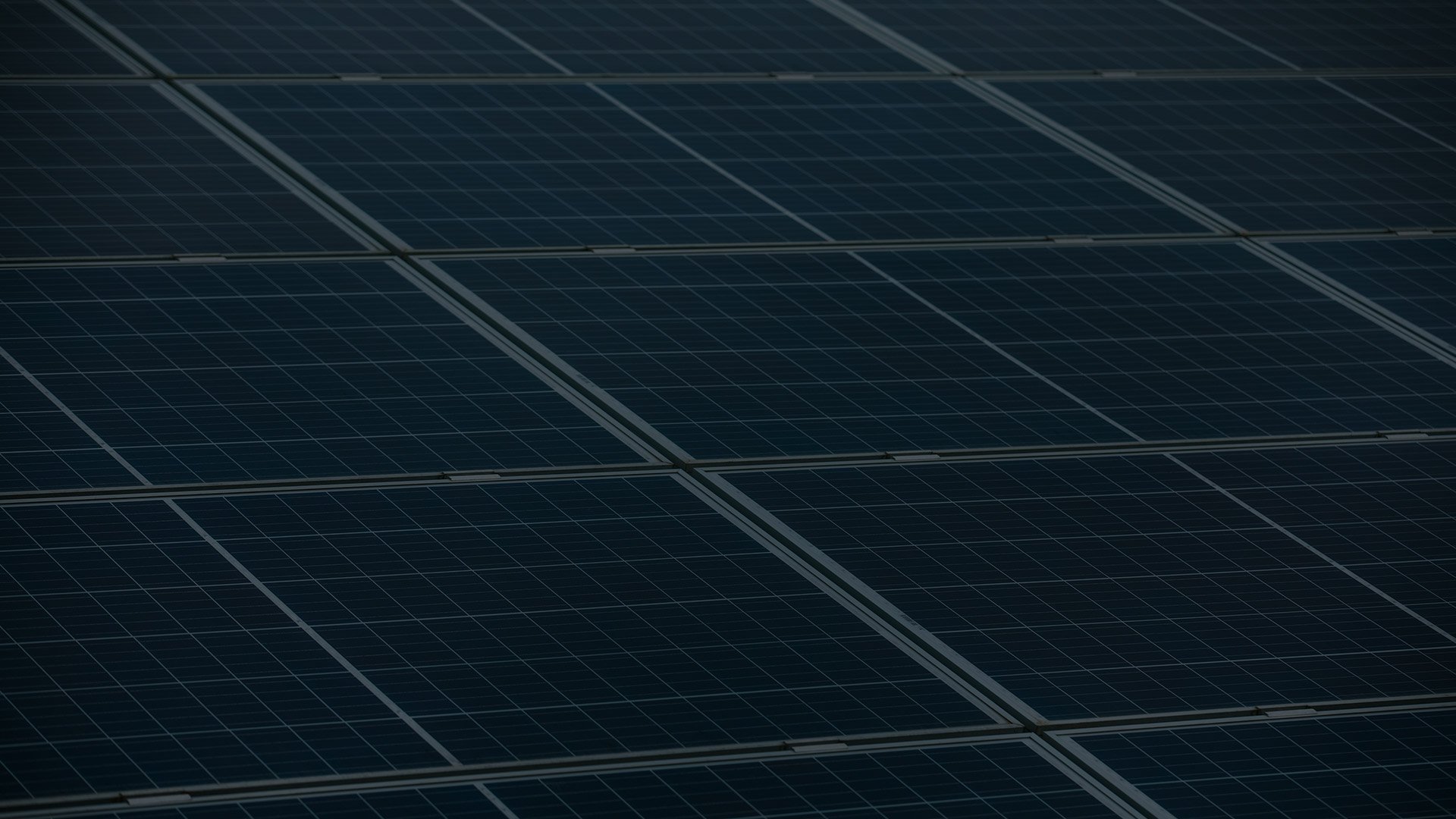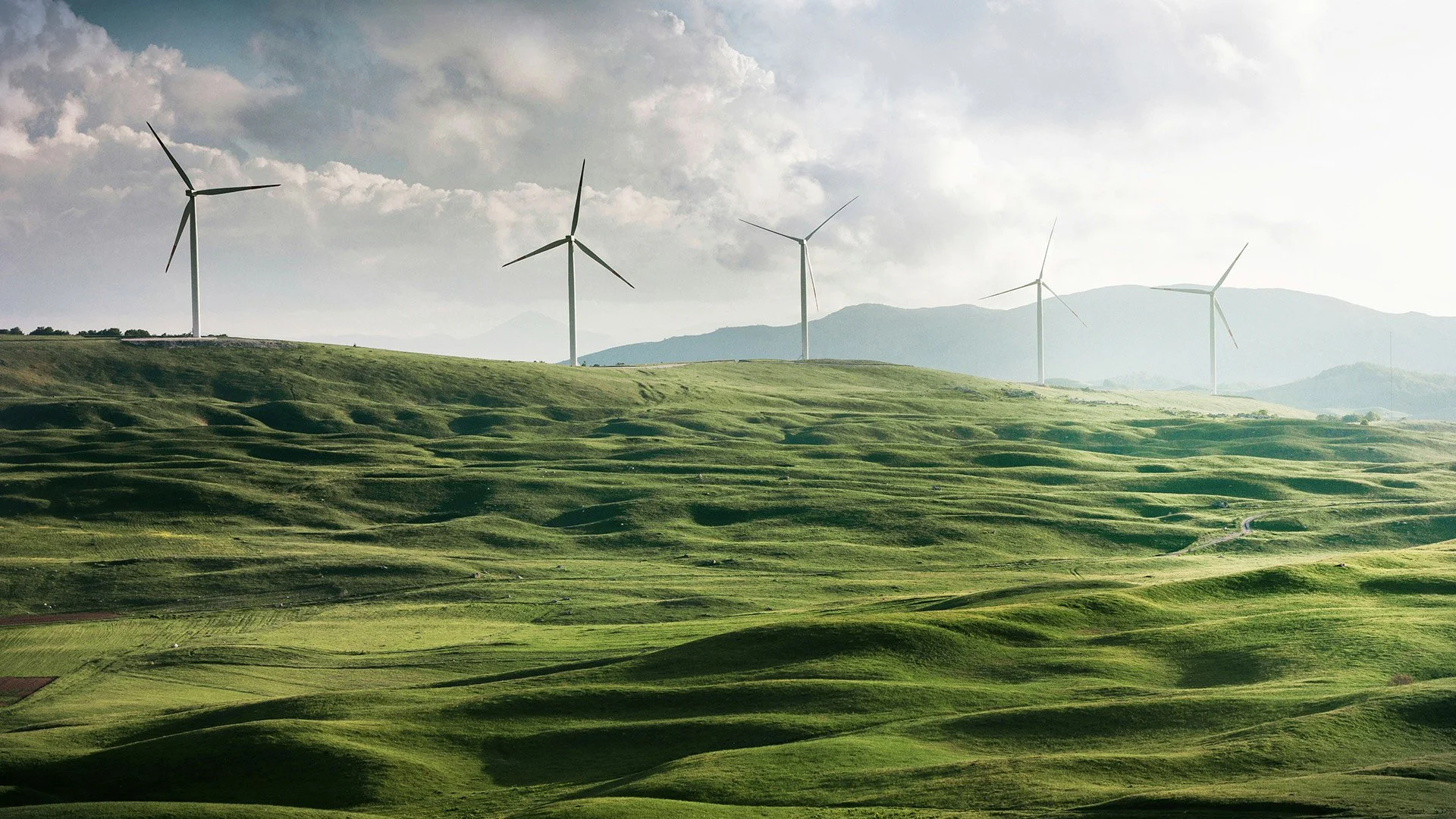The demand for data and digital services is fueling the need for more data centers and network solutions, which require significant energy.
Since 2007, leading tech companies have shifted towards renewable energy, which has not only become more affordable but also spurred job creation in the data center sector.

40%
North America’s electricity comes from clean energy
97%
Manitoba’s electricity comes from clean energy
As major energy consumers, Internet Data Centers (IDC) like those operated by TNC are expected to consume 8% of global electricity by 2030, up from 1% today. In response, companies like Google and Microsoft are moving towards carbon neutrality by adopting renewable energy and purchasing carbon credits.
TNC's efforts are critical in promoting the construction of new IDC facilities that adhere to stringent clean energy standards, ensuring that their expansion supports sustainable development goals.
The North
Canada is a global leader in clean energy production, harnessing its extensive water resources to power its hydroelectric systems.
The country, one of the world’s top hydroelectric power producers, derives about 60% of its electricity from hydro sources. Key to this is Manitoba, where the Nelson River, along with Lake Winnipeg, Lake Manitoba, and the Winnipeg River, plays a crucial role in energy generation.
These water bodies not only satisfy provincial energy needs but also enable significant electricity exports, primarily to the United States. This reliance on hydropower helps keep Canada’s greenhouse gas emissions low, affirming its status as a frontrunner in sustainable energy and environmental stewardship.
Manitoba Hydro
Manitoba Hydro, the primary energy utility in Manitoba, Canada, is significantly reliant on hydropower for its energy production, capitalizing on the abundant water resources provided by the province's numerous lakes and rivers. Electricity generated by Manitoba Hydro comes from renewable hydroelectric stations, which harness the natural flow of water from rivers and lakes, including the extensive Nelson River system.
This system of hydroelectric generation not only supports Manitoba's domestic energy needs but also allows the province to export clean energy to neighboring regions in Canada and the United States. By utilizing the kinetic energy of flowing water, Manitoba Hydro effectively reduces greenhouse gas emissions compared to fossil fuel-based power, contributing to a more sustainable and environmentally friendly energy landscape. This approach aligns with Canada's broader environmental goals and supports global efforts to combat climate change by reducing reliance on carbon-intensive energy sources.





